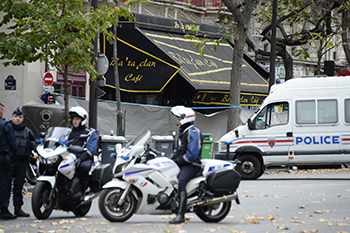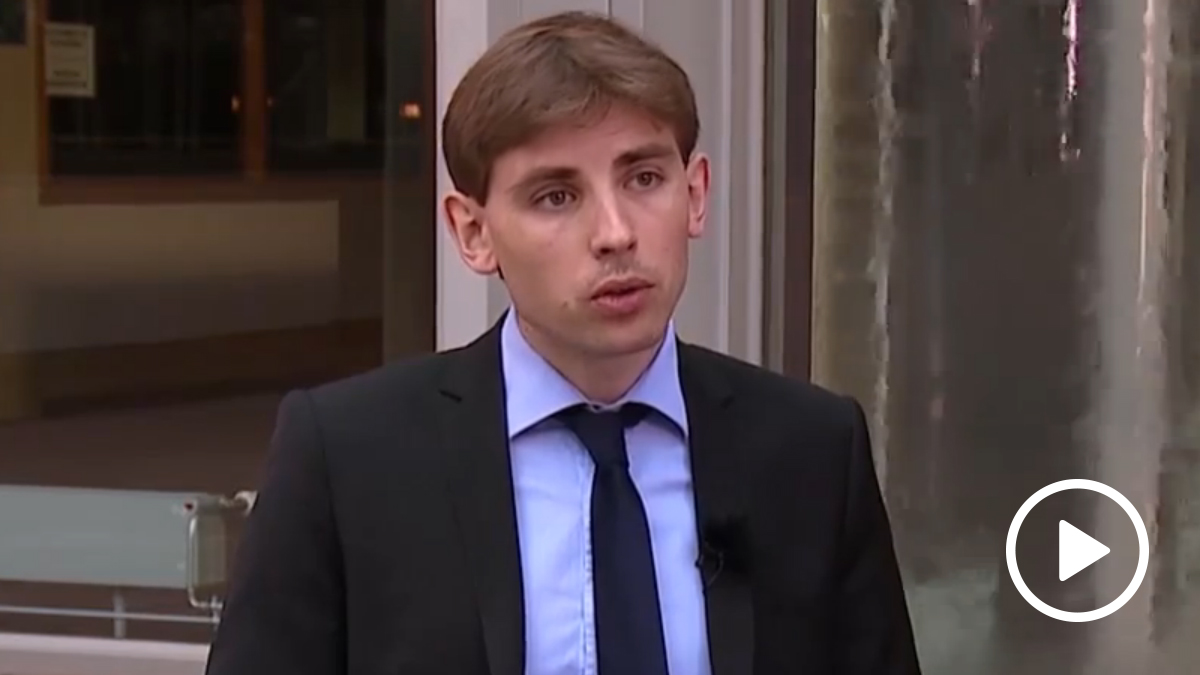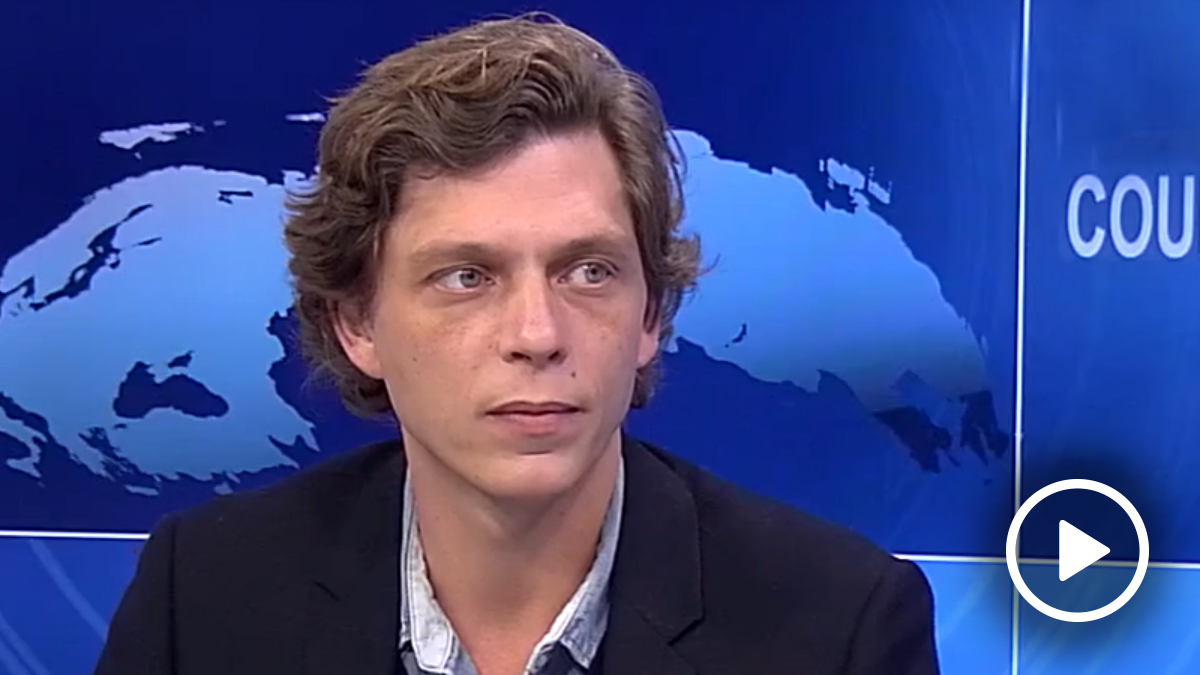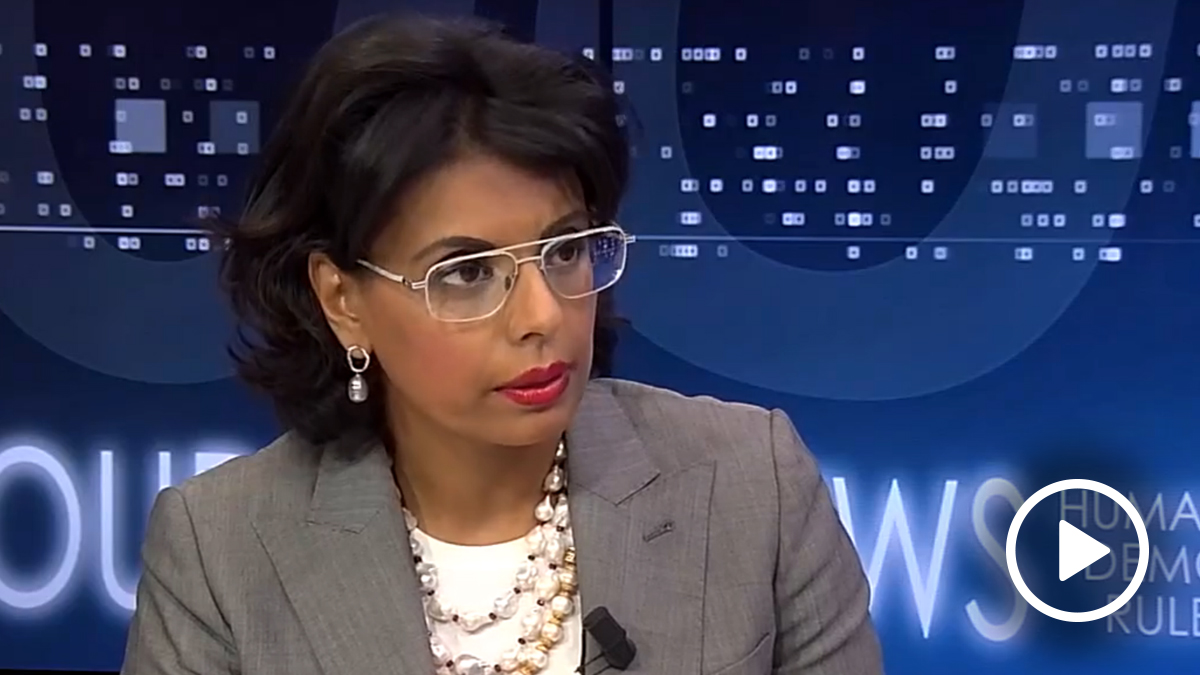
“Governments should do more for terror victims”
Hélène Muyal-Leiris was one of 89 people killed on 13 November 2015, at the Bataclan theatre in Paris, where she went to watch a concert by the American band ‘Eagles of Death Metal’.
Her husband Antoine, who did not go to the concert because he did not share his wife’s musical tastes, made headlines worldwide when he addressed her killers on Facebook : “On Friday night, you stole the life of an exceptional being, the love of my life, the mother of my son, but you will not have my hate. I don’t know who you are and I don’t want to know. You are dead souls.” He now believes it is vitally important for victims to be officially defined and recognised on a European level, in order to harmonise the way they are treated, which currently varies greatly, depending on which country they live in.
The key thing for the victims is not what the French state’s share of the blame is, but whether the national community is willing to embrace what has happened to some of its fellow citizens. I think that is what is very important as far as recognising victim status is concerned, and it is not the same for all European citizens. I also think Europe should lead the way. It is the main target of terrorist attacks at the moment, and it should also lead the way when it comes to defining a victim of terrorist attacks and establishing a European victim status.
There is currently no clear-cut definition in international law of a “victim of a terrorist act”.
However, a 1985 UN Declaration describes victims as “persons who individually or collectively have suffered harm, including physical or mental injury, emotional suffering, economic loss or substantial impairment of their fundamental rights, through acts or omissions that are in violation of criminal laws operative within Member States”.
A 2008 Recommendation from the Council of Europe’s executive body, the Committee of Ministers, went further, including as victims the immediate family or dependents of the direct victim of a criminal act.

© 2015 AFP - Attacks in Paris on the 13 November 2015
The organisation, which represents 47 European countries, is now proposing guidelines aimed at improving support, information and compensation offered to those victims of terrorism living in its member states.
Free emergency assistance, ongoing medical, psychological, social and material help, the setting up of information contact points, effective access to the legal system and appropriate and timely financial compensation are among the measures set out in the guidelines.
According to Council of Europe Secretary General Thorbjorn Jagland, “the threat of terrorist attacks in Europe remains acute, but victims are not always getting the care and attention they need. It is for the state to reach out to victims of terrorist acts, not the other way around. Governments need to do more to make sure that victims of terrorism are not forgotten, and to help them to benefit from assistance and compensation”.
The guidelines also highlight the importance of protecting victims’ private and family lives and ensuring that society adequately recognises and remembers the victims.
For bereaved husband Antoine Leiris, action on a Europewide scale would reinforce public belief in the relevance of European institutions:
At a time when many people mistrust Europe, it would be a very important message for our fellow European citizens, if they were told “Yes, we have a common destiny”, we are all affected. It is not just France affected, because of its intervention in Syria, or as a result of its particular domestic situation. When France is affected, Europe is too, and this not only involves words or hashtags, but in concrete terms, a victim status, and there needs to be a European recognition of this status.






